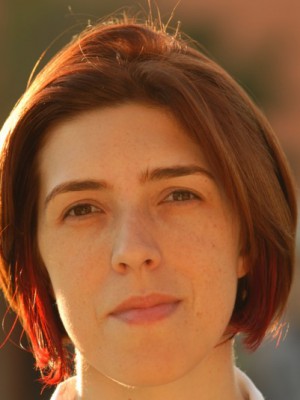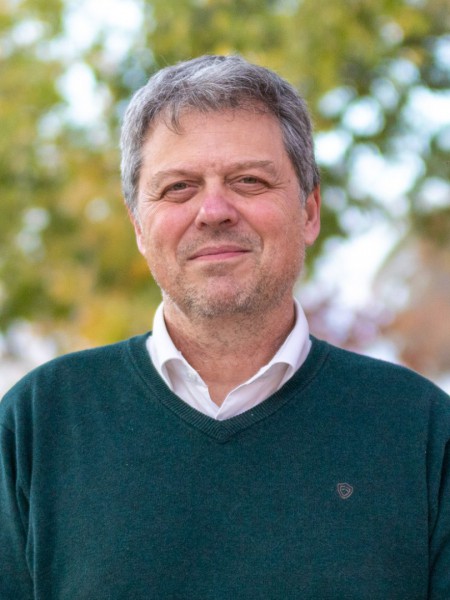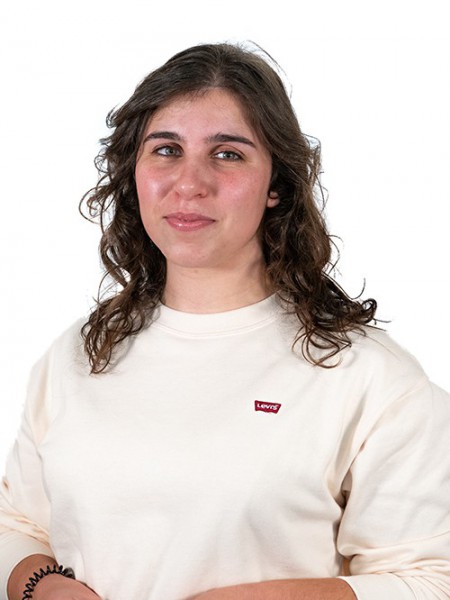abstract
Tissue-derived decellularized extracellular matrix (dECM) provides unique biomolecular cues for bioengineering 3D tumor models with increasingly physiomimetic features. This biomimicry potential can be expanded by combining dECM with key components of native tissues, such as glycosaminoglycans (GAGs). Yet, this combination remains highly challenging, often requiring complex non-natural chemical modifications of dECM biomaterials. Taking advantage of naturally occurring tyrosine moieties, herein a universally applicable methodology is proposed for generating dECM-Hyaluronic acid (HA)-tyramine hydrogels. Enriching dECM with HA, is particularly relevant for modeling tumor-stroma interplay in vitro. By using visible light crosslinking, pancreatic tissue-specific dECM-HA-Tyr tumor-stroma compartmentalyzed platforms are rapidly fabricated on-demand, in superhydrophobic surfaces, while avoiding complex dECM chemical modifications. The generated dECM-HA-Tyr spherically shaped models are able to mimic the desmoplastic stromal environment and are employed for dual screening of pancreatic anti-stromal and anti-tumoral therapeutics. The tumor-stroma models display higher susceptibility to gemcitabine following a first treatment with anti-stroma therapeutics. The developed photo-compartmentalized models ultimately allow to decouple the tumor and stroma compartment, thus enabling the inclusion of other stromal/cancer cells. Moreover, the possibility of combining dECM with virtually any class of tyramine-functionalized macromolecules via on-demand photocrosslinking as herein proposed, extends the use of such hybrid dECM hydrogels. Assembling decellularized matrix hydrogels using light-based stimuli is highly valuable to create new ECM-mimetic biomaterials with unique features. Herein, dECM tyrosine moieties are explored as anchoring moieties for universal combination with any functionalized biomaterials such as tyramine-functionalized hyaluronan, a key glycosaminoglycan present in native tissues ECM. Photo-assembled dECM-hyaluronan hydrogels potential is leveraged for screening tumor-stroma dual therapies for pancreatic cancer.image
keywords
IN-VITRO; CANCER; MICROENVIRONMENT; DESMOPLASIA; TRANSITION
subject category
Chemistry; Science & Technology - Other Topics; Materials Science; Physics
authors
Monteiro, MV; Henriques-Pereira, M; Neves, BM; Duarte, ID; Gaspar, VM; Mano, JF
our authors
Projects
CICECO - Aveiro Institute of Materials (UIDB/50011/2020)
CICECO - Aveiro Institute of Materials (UIDP/50011/2020)
Associated Laboratory CICECO-Aveiro Institute of Materials (LA/P/0006/2020)
acknowledgements
This work was developed within the scope of the project CICECO-Aveiro Institute of Materials, UIDB/50011/2020, UIDP/50011/2020 & LA/P/0006/2020, financed by national funds through the FCT/MEC (PIDDAC). This work was also supported by the Programa Operacional Competitividade e Internacionalizacao (POCI), in the component FEDER, and by national funds (OE) through FCT/MCTES, in the scope of project PANGEIA (PTDC/BTM-SAL/30503/2017). The authors acknowledge the financial support by the Portuguese Foundation for Science and Technology (FCT) through a Doctoral Grant (DFA/BD/7692/2020, M.V.M.). The authors also acknowledge the financial support by the Portuguese Foundation for Science and Technology (FCT) through an Assistant Researcher contract (CEECIN/02106/2022, V.M.G.). The NMR spectrometers are part of the National NMR Network (PTNMR), partially supported by Infrastructure Project No. 022161 (co-financed by FEDER through COMPETE 2020, POCI, and PORL and FCT through PIDDAC).





